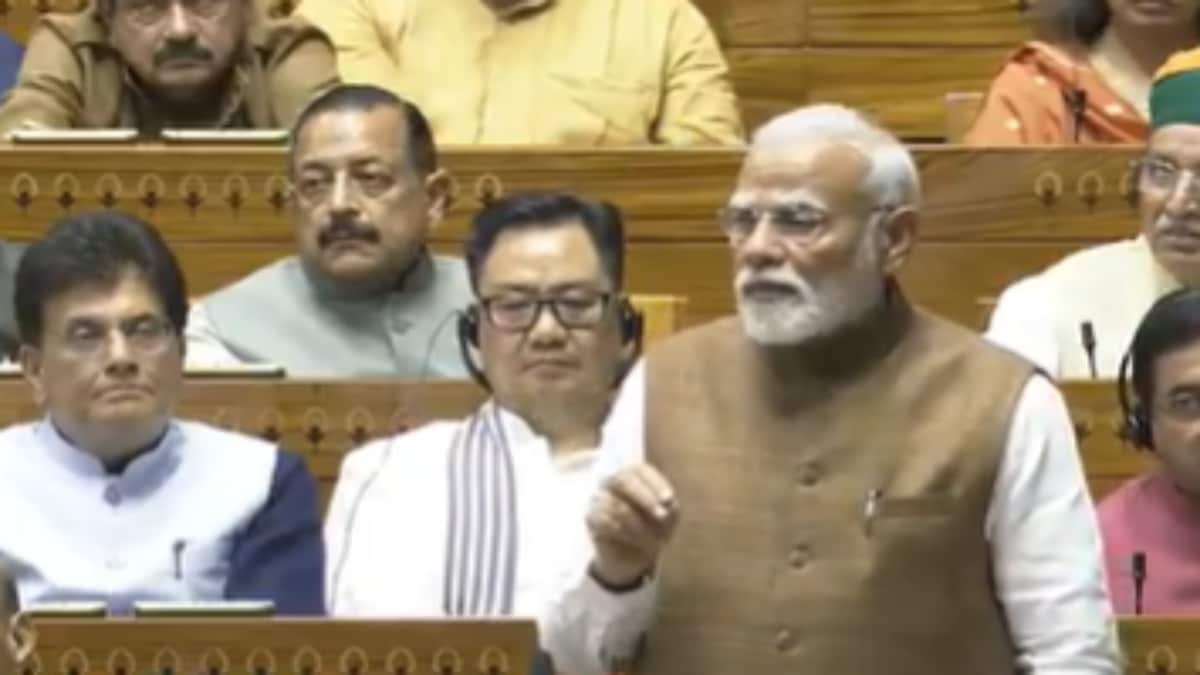

During a parliamentary session on Tuesday, Prime Minister Narendra Modi disclosed details regarding a late-night call he received from U.S. Vice President J.D. Vance on May 9, amidst escalating tensions with Pakistan. This revelation sheds light on the events surrounding Operation Sindoor, India's response to cross-border terrorism.
According to Modi, Vance contacted him repeatedly to convey urgent intelligence concerning a planned large-scale attack by Pakistan. At the time, the Prime Minister was engaged in a crucial meeting with defense forces and was initially unable to answer the call. Upon returning the call, Modi was informed by Vance about the imminent threat.
In response to this intelligence, Modi stated that he made it clear to Vance that any Pakistani aggression would be met with a forceful and amplified retaliation by India. Modi conveyed a firm message: "If Pakistan attacks, we will launch bigger attacks". He further stated, "we will respond to goli with gola," emphasizing the resolve to respond decisively.
The Prime Minister highlighted the swiftness of India's response, stating that on the morning of May 10, Indian forces acted to neutralize Pakistan's military capabilities. This action was reportedly followed by Pakistan's request for a ceasefire.
External Affairs Minister S. Jaishankar also addressed the Lok Sabha, corroborating the details of Vance's warning to Prime Minister Modi about the impending Pakistani attack. Jaishankar emphasized that India's response marked a "new normal" in its approach to cross-border terrorism, characterized by a swift and devastating counter-offensive. He alluded to satellite imagery showcasing the aftermath of India's strikes on Pakistani airfields.
Operation Sindoor was launched on May 7 as a direct response to the April 22 Pahalgam terror attack that resulted in the deaths of 26 civilians. Indian forces conducted precision strikes targeting terrorist infrastructure within Pakistan and Pakistan-occupied Kashmir. Pakistan retaliated with attempted attacks on Indian military positions between May 8 and 10, which were successfully repelled.
Reports indicate that Pakistan's attacks involved drones and missiles aimed at multiple locations across India's northern and western frontiers. However, Indian air defense systems, including S-400 and Akash batteries, effectively intercepted these threats. India's military response included targeted strikes on Pakistani airbases, air defense units, command centers, and radar sites.
Facing mounting diplomatic pressure and significant damage, Pakistan reportedly signaled its willingness to halt hostilities by May 10. However, India insisted that any ceasefire request be formally conveyed through official military channels.